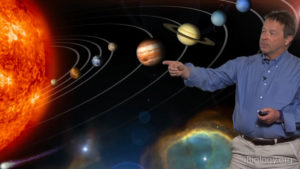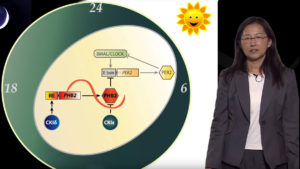Ying-Hui Fu is a Professor of Neurology at the University of California, San Francisco where she collaborates with Dr. Ptáček in the Division of Neurogenetics. Research in her lab uses genetic tools to study neurodegenerative diseases, such as multiple sclerosis, and sleep/wake behaviors.
Dr. Fu received her PhD from Ohio State University before moving to Baylor College of Medicine for post-doctoral training. She spent 4 years working in the biotechnology industry before joining UCSF.






